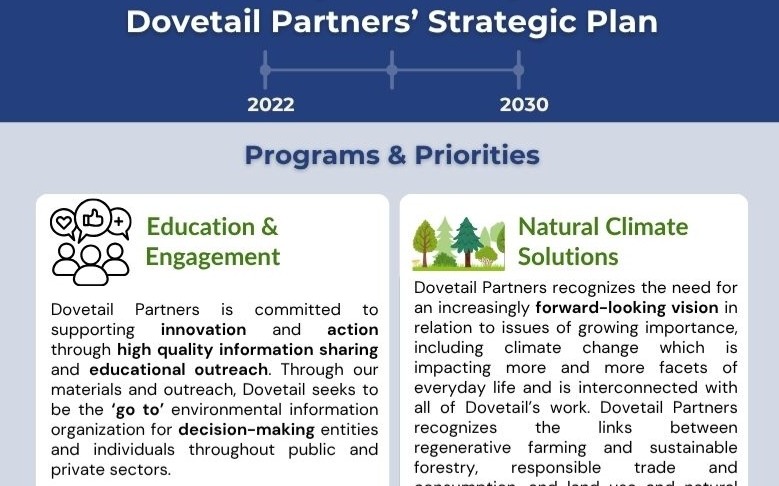For more than a century, fossil fuels have been the primary source of a wide array of products including fuels, lubricants, chemicals, waxes, pharmaceuticals and asphalt. In recent decades, questions about the impacts of fossil fuel reliance have led to research into alternative feedstocks for the sustainable production of those products, and liquid fuels in particular. A key objective has been to use feedstocks from renewable sources to produce biofuels that can be blended with petroleum-based fuels, combusted in existing internal combustion or flexible fuel engines, and distributed through existing infrastructure. Given that electricity can power short-distance vehicle travel, particular attention has been directed toward bio-derived jet fuel and fuels used in long distance transport.
This report summarizes the growth of second-generation biofuel facilities since Dovetail’s 2009 report[1] and some of the policies that drive that growth. It also briefly discusses biofuel mandates and second-generation biorefinery development in various world regions.
Second generation biorefineries are operating in all regions of the world bringing far more favorable energy balances to biofuels production than have been previously realized. Substantial displacement of a significant portion of fossil-based liquid fuels has been demonstrated to be a realistic possibility. However, in the face of low petroleum prices, continuing policy support and investment in research and development will be needed to allow biofuels to reach their full potential.
[1] Biofuels/Biorefinery Development Report Card, available at: http://www.dovetailinc.org/reports/Biofuels/Biorefinery+Development+Report+Card_n293?prefix=%2Freports
- Lead AuthorBowyer
- DateJanuary 2017
- CategoryEnergy, Environmental, Forest products, Wood
- Project FileDownload

.png)
.png)

.png)
.png)
